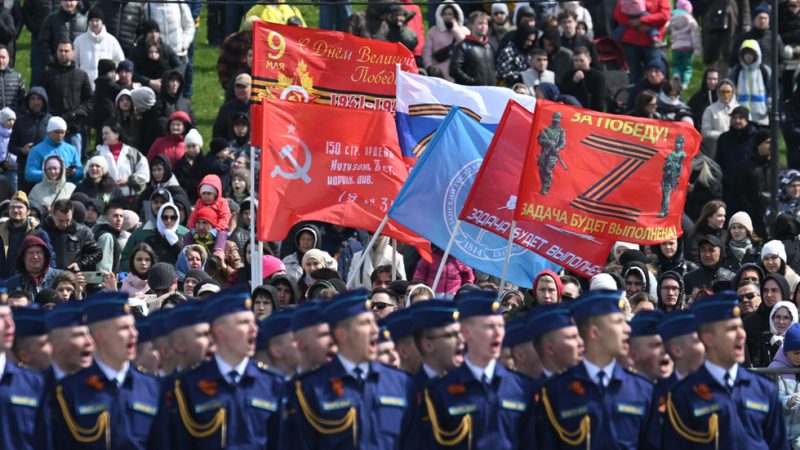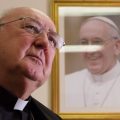
Russian President Vladimir Putin’s recent Victory Day celebrations in Moscow served as a potent display of national pride and military might. The event, commemorating the Soviet Union’s victory in World War II, has long been a key date in the Russian calendar, but this year’s celebrations took on a particularly significant geopolitical dimension. The backdrop of the ongoing war in Ukraine and the West’s unified condemnation of the invasion cast a long shadow over the festivities.
Putin used the occasion to deliver a speech that highlighted Russia’s historical role in defeating Nazism, framing the current conflict as a necessary struggle against a resurgent West. He praised the supposed bravery of European leaders who defied the European Union’s collective stance by attending the Moscow celebrations, painting their presence as a sign of dissent and a crack in Western unity. This carefully orchestrated narrative aims to portray Russia as a powerful force with international support, despite the overwhelming international condemnation of its actions in Ukraine.
However, the number of European leaders who attended the event was notably small, underscoring the broad international isolation of Russia. The EU’s firm stance against the invasion, coupled with the imposition of sweeping sanctions, has largely succeeded in isolating Russia on the world stage. While a few individual leaders may have chosen to attend, their presence does not represent a significant challenge to the unified front presented by the majority of European nations.
The Victory Day celebrations served as a powerful reminder of the deep historical and ideological divides that separate Russia from the West. Putin’s attempts to exploit these divisions, and portray the conflict in Ukraine as a clash of civilizations, are unlikely to succeed in altering the broader geopolitical landscape. The international community’s condemnation of the invasion remains steadfast, and the pressure on Russia to withdraw its forces from Ukraine continues to mount.
Ultimately, Putin’s Victory Day message, while intended to project an image of strength and defiance, reveals more about the isolation and growing international pressure facing Russia than any genuine shift in the global political alignment. The carefully curated image of support presented by the Kremlin stands in stark contrast to the widespread condemnation of the invasion, highlighting the deep chasm between Russia’s narrative and the reality on the ground.










